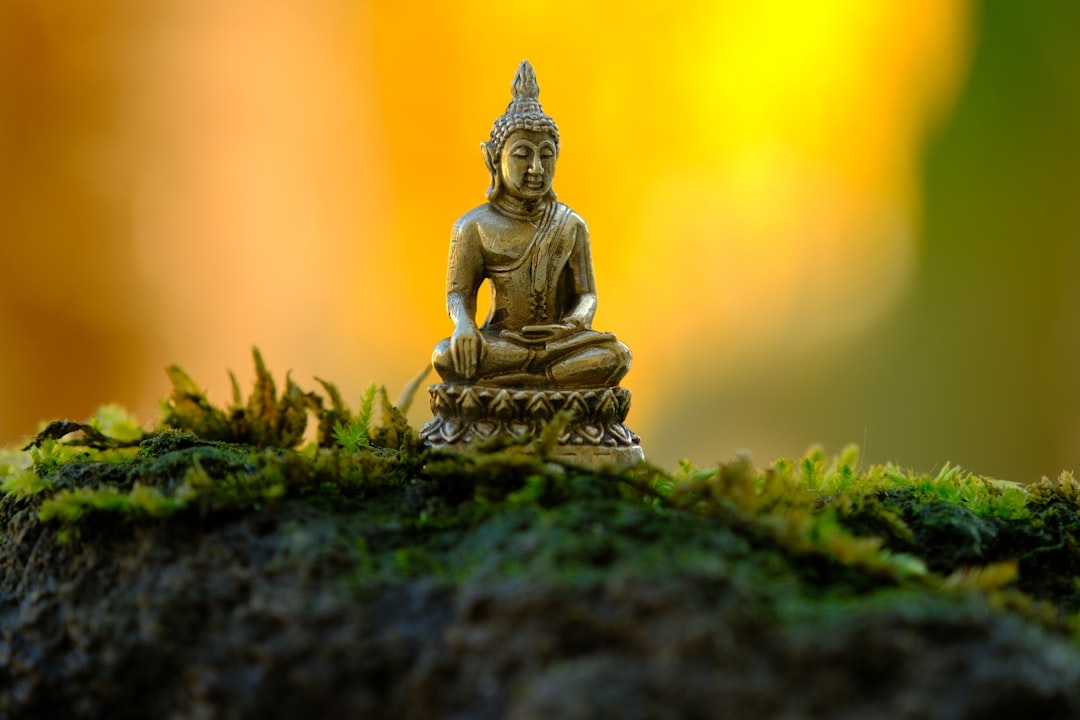
Path to Inner Peace: Mastering Mindfulness for Spiritual Growth
In our fast-paced world, the quest for inner peace has never been more essential. The practice of mindfulness serves as a powerful tool for achieving spiritual growth and cultivating tranquility in our lives. This guide will explore the concept of mindfulness, its benefits, actionable strategies for implementation, and common misconceptions that may hinder your journey.
What is Mindfulness?
Mindfulness is the practice of being present and fully engaged in the moment without judgment. It involves observing your thoughts, feelings, and bodily sensations while fostering a sense of curiosity and acceptance. Research indicates that mindfulness can enhance psychological well-being, reduce stress, and promote emotional regulation.
Benefits of Mindfulness for Spiritual Growth
Engaging in mindfulness practices can lead to profound spiritual growth. Here are some key benefits:
- Enhanced Self-Awareness: Mindfulness encourages reflection, helping you understand your thoughts and feelings more clearly.
- Increased Emotional Regulation: Regular practice can reduce anxiety and depression, allowing you to respond to challenges with greater calmness.
- Greater Compassion: Mindfulness fosters empathy and compassion towards yourself and others, essential components of spiritual development.
- Improved Focus and Clarity: As you train your mind to stay present, you enhance your ability to concentrate and make thoughtful decisions.
Practical Strategies to Master Mindfulness
Incorporating mindfulness into your daily routine can be simple and rewarding. Here are some strategies to get started:
1. Mindful Breathing
Focus on your breath as a way to anchor your attention. Spend a few minutes each day inhaling deeply through your nose, holding for a moment, and exhaling through your mouth. Notice how your body feels with each breath. This practice enhances your present-moment awareness and calms your mind.
2. Body Scan Meditation
Lie down comfortably and bring your awareness to different parts of your body, starting from your toes and moving to the crown of your head. As you focus on each area, notice any sensations without judgment. This practice helps connect your mind and body, promoting relaxation and awareness.
3. Mindful Walking
Take a walk in nature or around your home, paying attention to each step you take. Feel the ground beneath your feet, notice the sounds around you, and observe the sights. Mindful walking can ground you in the present and enhance your connection to the environment.
4. Journaling
Set aside time each week to write about your thoughts and feelings. This practice can promote self-reflection and help you process your experiences, leading to greater clarity and understanding.
Common Misconceptions About Mindfulness
Despite its benefits, there are several misconceptions about mindfulness that can deter individuals from practicing it:
- Mindfulness is only for the spiritually inclined: While mindfulness can enhance spiritual growth, it is beneficial for anyone seeking to improve mental health and well-being.
- You must meditate for hours: Effective mindfulness can be practiced in short bursts throughout the day. Even five minutes of focused breathing can yield significant benefits.
- Mindfulness means clearing your mind: The goal is not to eliminate thoughts but to observe them without attachment. Accepting your thoughts as they arise can lead to greater peace.
Encouragement for Your Mindfulness Journey
Starting a mindfulness practice might seem challenging, but remember that progress takes time. Be patient with yourself and celebrate small victories. Consistency is key; even brief moments of mindfulness can accumulate into significant spiritual growth over time.
Further Reading and Resources
To enhance your mindfulness practice, consider exploring additional resources:
- Mindful.org – A comprehensive resource for articles, guided meditations, and mindfulness practices.
- The Center for Mindfulness in Medicine, Health Care, and Society – Offers programs and research on mindfulness.
- Headspace – A mindfulness and meditation app designed to help users develop a regular practice.
Incorporating mindfulness into your life can pave the way toward inner peace and spiritual growth. Remember to practice regularly and be kind to yourself as you navigate this journey. Embrace the present moment, and allow mindfulness to transform your life.
For updates and more insights into health and wellness, consider subscribing to our newsletter. Share this article with others who may benefit from mindfulness; together, we can foster a more peaceful and compassionate world.


